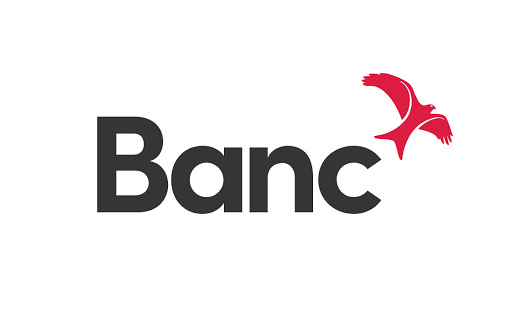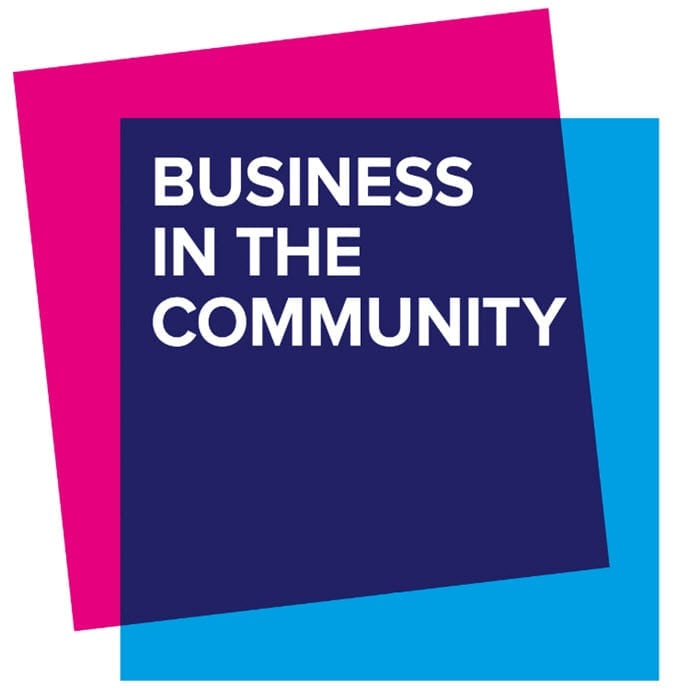
When it comes to sustainability, regulatory demands are increasing in complexity and stringency. Businesses need to be able to take this in their stride.
Take the recently-introduced recycling regulations in Wales for workplaces. Compliance is not merely about adhering to legal requirements; it involves a fundamental shift in operational practices and employee behaviours.
This shift can only be achieved through the integration of ‘green skills’ in the workforce. Employees equipped with knowledge and training in sustainable practices are pivotal in ensuring that companies not only meet the current regulations but are also prepared for future legislative changes.
To successfully embed these green skills, businesses must first assess the existing capabilities within their workforce and identify any skill gaps. This assessment involves a thorough skills mapping process that evaluates the presence of both technical and ‘soft’ green skills among employees.
Green skills are skills which will mobilise the workforce in pivoting towards living within planetary boundaries by way of changing and redesigning the way we operate to have minimum negative impact on the environment.
When it comes to green skills, technical green skills relating to solar panels, energy grids and so on are often seen as the key skills in this transition. But actually soft skills are also crucial as these relate to collaboration, communication and leadership, which can create bridges between people with different skills in different sectors.
So when we say ‘green skills’ we aren’t just talking about highly technical skills. We are also talking about everyday soft skills which can become ‘green skills’ once they are connected to an awareness of planetary needs. This may require a bit of training, but once an individual with strong social and communication skills, for example, can connect to others the importance of environmental protection, then communication becomes a force for green upskilling.
By identifying gaps in green skills, businesses can tailor their training and recruitment strategies to enhance their workforce's capability in critical areas such as waste management, resource conservation, and sustainable operations.
And the skills mapping process helps companies align their human resources with their strategic goals. For example, if a company finds that its staff lacks knowledge in effective waste sorting and recycling processes, targeted training programmes can be implemented to address this deficiency. Such training not only helps in complying with recycling regulations but also promotes a culture of sustainability within the organisation.
The need for green skills permeates all levels of a company, from the shop floor to the executive suite. As regulations continue to evolve, the demand for professionals who can interpret and implement these rules effectively will increase. Businesses that invest in building these competencies are not just future-proofing against regulatory changes – they are also enhancing their competitiveness and reputation in a market that increasingly values environmental responsibility.
Resources such as the Green Careers Hub and sector-specific guides from organisations like Deloitte provide practical support for businesses looking to enhance their green skills portfolio. These resources offer actionable insights and frameworks that businesses can utilise to integrate sustainability into their core operations.
And Cynnal Cymru – Sustain Wales provides advice, training and connections to turn sustainability aims into action and help Welsh businesses future-proof themselves in the face of the climate crisis.





